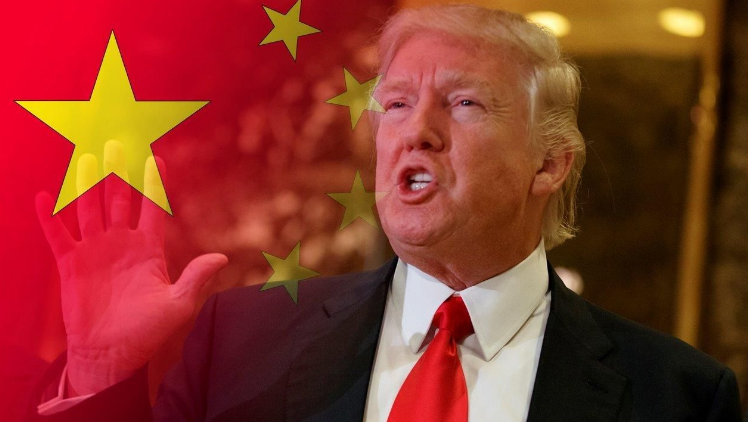It is no longer news that the U.S. and China are in a 'frenemy' in as much as currency and trade is concerned. China is the U.S.'s largest trading partner but the trading relationship between Washington and Beijing is that of mutual distrust at the best of times. Of course, both nations tend to toe the line of diplomacy for the most part; yet, there are occasional wars of words on who is seeking unfair trade advantages at what time.
Percy Richardson, an analyst at 24option observes that "stakeholders in the forex markets have been worried about the potential effects of a Trump presidency on U.S.-Sino trade and on the USD/CNY pair in the last couple of weeks." However, it appears that Donald Trump might be softening his tone to take a more diplomatic approach to sorting out the currency issues with China without triggering a full-blown trade war. This piece seeks to examine Trump's plan for fixing Beijing's currency manipulation threat.

Here's how Trump plans to end Chinese currency manipulation
China's currency manipulation activities are a cause of concerns for the White House, U.S. firms, investors, and forex traders. China's currency manipulation is simply underhanded measures being employed by Beijing to keep its currency artificially weak instead of allowing the Yuan to become stronger in response to its trade surplus.
Last year, Donald Trump wrote an opinion piece in the Wall Street Journal in which he voiced his concerns against China's devaluation of the Yuan. In his words, "the American people need to be told the truth about our “partner” China. China holds over $1.4 trillion in U.S. debt. "He also noted that "the worst of China’s sins is… the wanton manipulation of China’s currency, robbing Americans of billions of dollars of capital and millions of jobs."
In 1994, during the Clinton administration, the U.S. government got tired of China's currency games and it designated China a currency manipulator. China however contests such labeling because it considers the label the precursor to punitive practices in international trade. However, during the buildup to the 2016 presidential elections, Donald Trump spared no words in riling China. During the campaign, Trump said he'll impose a 45% tariff on Chinese good and designate China as a currency manipulator once he takes the oath of office.
President Donald Trump spoke on the phone with Chinese President Xi Jinping and he seems to be choosing a more 'diplomatic' stance with Beijing. Now, instead of labeling China as a currency manipulator, the White House is moving to designate currency manipulation tactics as an unfair subsidy by the country in which it is employed. Hence, the White House though the commerce secretary will consider currency manipulation an unfair subsidy by any country without actually singling out China.
Of course, designating currency manipulation activities as an unfair subsidy would encourage U.S. firms to bring unfair subsidy suits against Chinese imports that enjoy an undue advantage because of the artificially low Yuan. The Commerce Department can in turn slam tariffs on such imports, thereby making them more expensive in order to level the playing field for U.S. product.
The unfair subsidy move is a smart move to checkmate China's currency manipulation excesses. Dan DiMicco, former chief executive of steelmaker Nucor Corp notes that the move “allows companies to use trade laws to consider currency manipulation, which is rampant in the world, especially in China, as a subsidy.”

